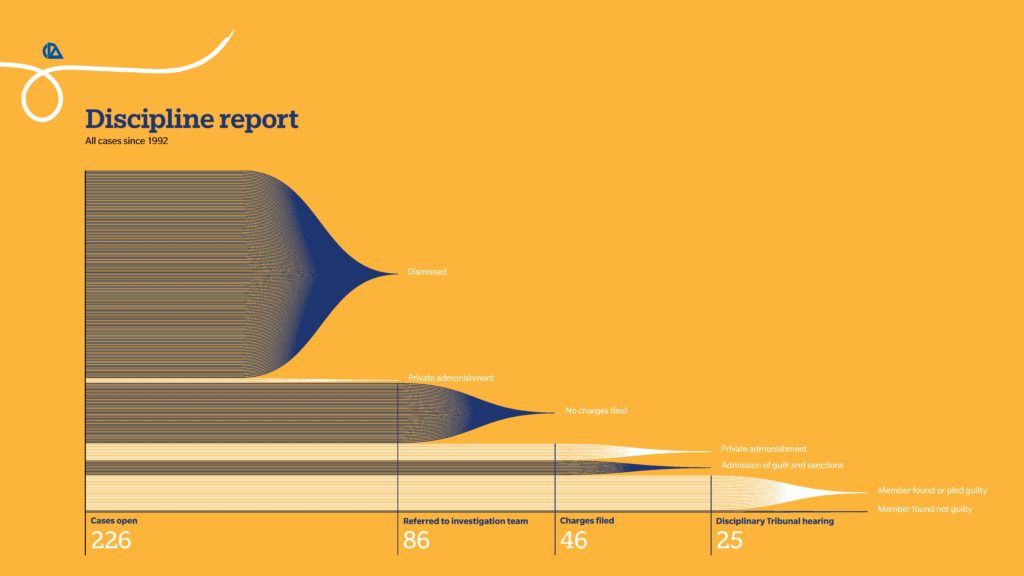
“The challenge for any professional organization is managing public interest and the professional interests of its members,” says Michel Simard, CIA Executive Director. Through its programs and activities, the Institute upholds its guiding principle of putting public interest above the needs of the profession and its members. Whether refining our Qualification Standard, revising the Standards of Practice or ensuring that the Rules of Professional Conduct are respected, the Institute continually works in the public interest.
This year marked a turning point for the Institute in terms of diversity and inclusion. What concrete actions did the Institute take in 2020 to keep its commitment to the public? Or as Michel puts it so well, “What have we done to direct the intellectual strength and power of the actuarial profession towards the betterment of the collective?”
CONSTANTLY REFINING OUR PROCESSES
To ensure that the public interest remains at the forefront of the actuarial profession, the Institute adopted several changes to its governance structure in 2019, which took effect on January 1, 2020, including the creation of the Actuarial Profession Oversight Board (APOB). Comprised of 15 experienced people from both inside and outside the profession, APOB is responsible for providing independent and objective oversight of the Actuarial Standards Board, the Professionalism and Credential Monitoring Board (PCMB), the Professional Conduct Board (PCB), and the Tribunal Panel.
For APOB, 2020 was devoted to establishing the foundations for its successful functioning. “There is a lot of background work that has been done to fine-tune our processes which will provide us with the ability to bring about more focus on key issues related to professionalism within the Institute in 2021,” explains Lynn Blackburn, Director, Professional Practice and Governance at the CIA.
Under APOB, volunteers from the PCMB worked to refine the continuing professional development (CPD) qualification standard. CIA members were consulted in late summer 2020 on clarifications to the qualification standard. In November 2020, the PCMB released the final changes, and the new version was published in January 2021. In particular, the exemption criteria were clarified for retired members who occasionally perform professional services or volunteer their services. With the aim of protecting the public, a retired member who sits on a Board of Directors and provides financial advice, for example, should comply with the CPD qualification standard. The basic requirements for professionalism also changed in 2020 and members were required to complete the new mandatory Professionalism Module.
The PCB publishes a report in June and December each year to provide the membership with a summary of the cases reviewed since the last report. The PCB examines information and complaints received about possible professional misconduct and, if necessary, a team investigates whether further disciplinary action is required. According to the last report published in November 2020, the PCB reviewed seven complaints against 12 Fellows, Associates, and Affiliates.
The discipline report that follows provides an overview of the decisions for disciplinary cases reviewed by the PCB (and its precursors) since 1992.

DIVERSITY AND INCLUSION: A PUBLIC ISSUE
“We cannot stand idly by while members of our community, friends, colleagues, or families face discrimination because of their race, religion, gender, sexual orientation, or any other reason.”
CIA presidency 2020–2021
2020 was marked by tragic events stemming from social inequalities, and the power of social media increased awareness of these issues on an international scale. This prompted the CIA to reflect on its own diversity, equity, and inclusion (DEI). In June 2020, the three CIA officers released a statement, Taking Action on Diversity, to express their vision for an inclusive Institute. With it, the Board appointed a CIA Task Force on Diversity and reaffirmed the Institute’s commitment to undertake a proactive approach to ensure that everyone has access to the same opportunities.
“We cannot stand idly by while members of our community, friends, colleagues, or families face discrimination because of their race, religion, gender, sexual orientation, or any other reason.” – CIA presidency 2020–2021.
The Institute teamed up with experts from Diversio, a Canadian data analytics company that supports organizations looking to become more inclusive, to survey our members and measure diversity and inclusion within the CIA. We were able to use these results to reflect and develop a plan that includes reviewing policies, providing training to staff, offering resources to members, and committing to ongoing learning.
The CIA is committed to ensuring that DEI values are integrated into all our programs. The Institute is now a proud employer partner of the Canadian Centre for Diversity and Inclusion, a trusted resource for Canadian organizations. We also provided DEI training to all employees in the fall. We started the necessary work to adapt our communications, particularly regarding gender-neutral language and the representation of minorities. Likewise, the Education Department is currently working to integrate diversity and inclusiveness into all of our programs. “We are integrating DEI principles into our education programs for the qualification of members, such as the Practice Education Course, and are looking at tying DEI to professionalism concepts at our Professionalism Workshop to create greater awareness,” says Alicia Rollo, Director, Education and International Affairs at the CIA. “In addition to including topics on diversity at CPD events such as specialty seminars and at act, the CIA’s annual conference, our committees are focused on enhancing the diversity of speakers across all events.”
ACCELERATING CHANGE THROUGH COLLABORATION
We are also exploring partnership opportunities to accelerate change. In early 2021, we started approaching Canadian universities to learn about their DEI initiatives and determine where we can fit in to ensure a diverse future for the CIA. “We want to find opportunities to collaborate and encourage more of a diverse future population of actuaries in Canada,” Alicia explains. This means finding opportunities to engage youth across Canada, such as career days, leveraging technology, and creating platforms like our Do the Math campaign. Ideally these initiatives will help us reach youth from socio-economic and cultural backgrounds that are under-represented in our membership, including Indigenous youth.
We have also forged connections with the International Association of Black Actuaries (IABA) and look forward to continuing to work together to improve equity within the actuarial profession. To that end, as part of Black History Month, we spoke with IABA leader Gloria Asare, ACIA, FCAS, and shared her thoughts on the challenges facing the Black community. For International Women’s Day, we spearheaded actuarial participation in the #Choosetochallenge campaign highlighting the contribution of female actuarial leaders around the world. Joining forces with other institutions was a great opportunity to have a wider reach on these important issues.
This is the last of five articles from Together, Apart: the 2020-2021 CIA Annual Report. Read the full report.





